Vitamin B12 Boost: How Nuts and Seeds Can Supercharge Your Health
Ever wondered how a tiny vitamin can make a big difference in your life? Vitamin B12, a powerhouse nutrient, is essential for maintaining energy levels, brain function, and overall health. But here’s the kicker: many of us don’t get enough of it. In this article, we’ll explore how nuts and seeds can be a surprising yet effective source of Vitamin B12, helping you supercharge your health in ways you might not have imagined.
Understanding Vitamin B12
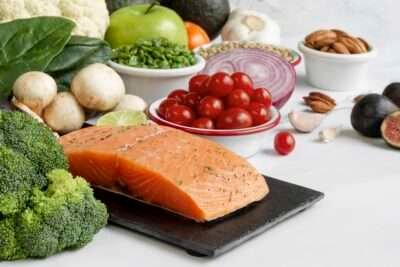
What is Vitamin B12?
Vitamin B12, also known as cobalamin, is a water-soluble vitamin that plays a crucial role in red blood cell formation, cell metabolism, nerve function, and the production of DNA. It’s a vital nutrient that our bodies can’t produce on their own, meaning we need to get it from our diet or supplements.
Role of Vitamin B12 in the Body
Vitamin B12 is involved in numerous bodily functions. It helps in the formation of red blood cells, supports neurological function, and plays a role in DNA synthesis and repair. Without adequate B12, our bodies can’t perform these functions efficiently, leading to a range of health issues.
Symptoms of Vitamin B12 Deficiency
A deficiency in Vitamin B12 can cause fatigue, weakness, constipation, loss of appetite, and weight loss. More severe deficiencies can lead to neurological changes like numbness and tingling in the hands and feet, difficulty maintaining balance, depression, confusion, dementia, poor memory, and soreness of the mouth or tongue.
Sources of Vitamin B12
Traditional Sources
The most common sources of Vitamin B12 are animal-based foods such as meat, fish, poultry, eggs, and dairy products. These sources are readily available and are highly effective in providing the necessary amount of Vitamin B12.
Vegetarian and Vegan Sources
For those following a vegetarian or vegan diet, obtaining sufficient Vitamin B12 can be challenging. However, fortified foods like cereals, plant-based milk, and nutritional yeast, as well as supplements, can help meet their B12 needs.
The Role of Nuts and Seeds in Vitamin B12 Intake
Why Nuts and Seeds are Essential
Nuts and seeds are nutritional powerhouses, offering a variety of vitamins, minerals, healthy fats, and protein. While they are not typically known for their Vitamin B12 content, some nuts and seeds contain trace amounts of this vital nutrient, making them a valuable part of a balanced diet.
Overview of Nuts and Seeds Containing Vitamin B12
Although not all nuts and seeds contain significant amounts of Vitamin B12, incorporating a variety of them into your diet can contribute to your overall nutrient intake. Let’s delve into the specific types of nuts and seeds that can help boost your Vitamin B12 levels.
Top Nuts for Vitamin B12
1. Almonds
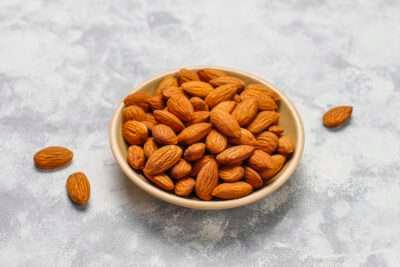
Almonds are packed with protein, fiber, and healthy fats. While they contain only small amounts of Vitamin B12, they are rich in other nutrients that support overall health, including vitamin E, magnesium, and calcium.
2. Walnuts
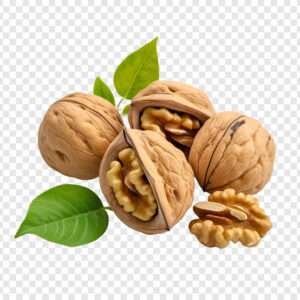
Walnuts are another excellent choice. They are high in omega-3 fatty acids, which are beneficial for heart health. Walnuts also provide a modest amount of Vitamin B12, making them a valuable addition to your diet.
3. Pecans
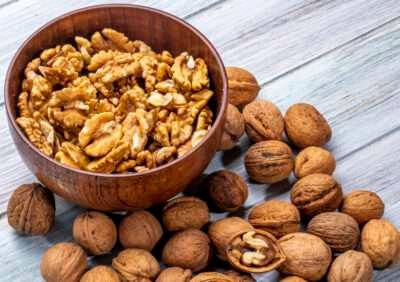
Pecans, known for their rich, buttery flavor, are also a source of B12. They are loaded with antioxidants and healthy fats that support brain health and reduce inflammation.
Top Seeds for Vitamin B12
1. Chia Seeds
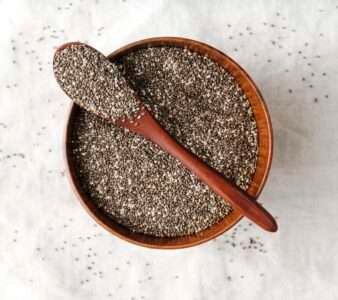
Chia seeds are a nutritional dynamo. They are rich in omega-3 fatty acids, fiber, and protein. They also contain trace amounts of Vitamin B12, which can help supplement your intake from other sources.
2. Flaxseeds
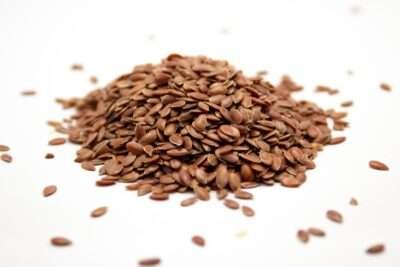
Flaxseeds are another great option. They are high in fiber and omega-3s and provide a small but valuable amount of Vitamin B12. Incorporating flaxseeds into your diet can help improve digestion and reduce inflammation.
3. Sunflower Seeds
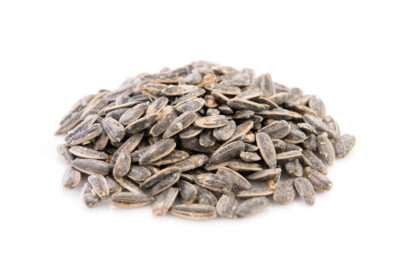
Sunflower seeds are not only a tasty snack but also a good source of essential nutrients, including Vitamin B12. They are rich in healthy fats, protein, and antioxidants, supporting overall health.
Health Benefits of Vitamin B12-Rich Nuts and Seeds
Improved Energy Levels
Vitamin B12 plays a crucial role in converting food into energy. Consuming nuts and seeds that contain B12 can help maintain your energy levels throughout the day.
1. Enhanced Brain Function
B12 is vital for brain health. Adequate intake can improve memory, concentration, and mood. Including nuts and seeds in your diet can support cognitive function and protect against age-related decline.
2. Better Heart Health
Nuts and seeds are rich in healthy fats, which can improve cholesterol levels and reduce the risk of heart disease. Combined with their Vitamin B12 content, they offer a powerful boost to heart health.
Incorporating Nuts and Seeds into Your Diet
Easy Snack Ideas
Nuts and seeds make for a convenient and healthy snack. You can enjoy them on their own, mix them with dried fruit for a trail mix, or sprinkle them on yogurt or oatmeal.
Nut and Seed Recipes
Incorporate nuts and seeds into your meals with these simple ideas:
- Add chia or flaxseeds to smoothies.
- Use almond or walnut flour in baking.
- Sprinkle sunflower seeds on salads or stir-fries.
Tips for Picky Eaters
If you or your family members are picky eaters, try these tips:
- Blend nuts and seeds into sauces or dressings.
- Make energy balls with dates, nuts, and seeds.
- Use nut butters as a dip for fruits and vegetables.
How Much is Enough?
Recommended Daily Intake of Vitamin B12
The recommended daily intake of Vitamin B12 for adults is 2.4 micrograms. Pregnant and breastfeeding women need slightly more. Including a variety of B12 sources in your diet, including nuts and seeds, can help you meet this requirement.
Balancing Nuts and Seeds with Other Sources
While nuts and seeds can contribute to your B12 intake, it’s important to balance them with other B12-rich foods or supplements, especially if you’re on a plant-based diet.
Potential Risks and Considerations
Allergies to Nuts and Seeds
Nuts and seeds can cause allergic reactions in some people. If you have known allergies, be cautious and consult with a healthcare provider before adding new nuts or seeds to your diet.
Overconsumption Risks
While nuts and seeds are healthy, consuming them in excess can lead to weight gain due to their high calorie and fat content. Moderation is key.
Myths and Misconceptions about Vitamin B12
Debunking Common Myths
There are many myths about Vitamin B12, such as the idea that it can only be obtained from animal products. While it’s true that animal products are the primary .

